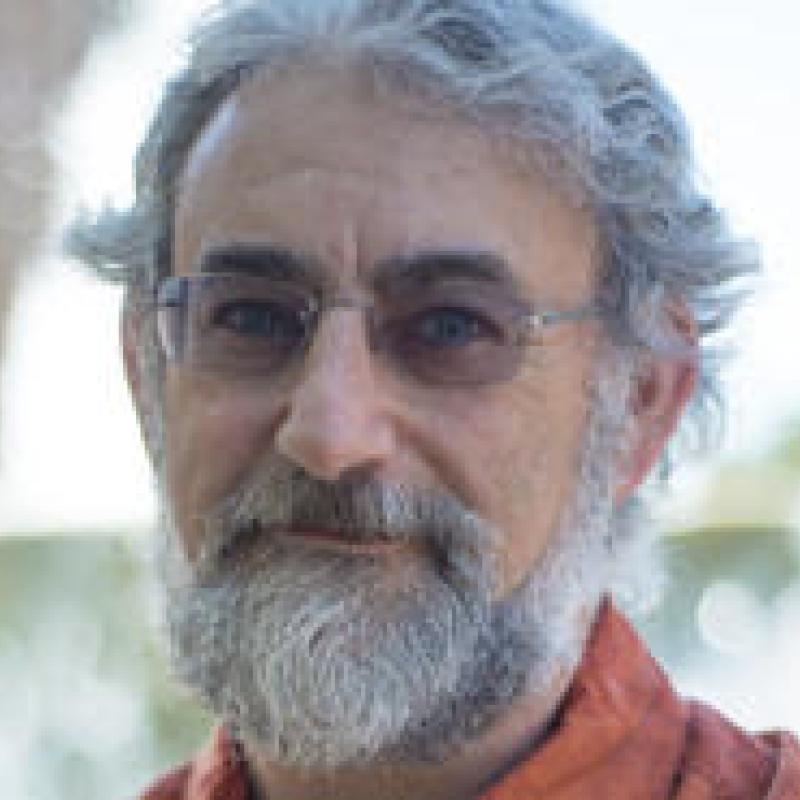“For I am yearning to visit the limits of the all-nurturing Earth, and Oceans, from whom the gods are sprung.”--Homer
The gods, or alternatively, the sources of life, do indeed spring from the ocean, and Biological Science Professor Jed Fuhrman, like Homer, has been visiting the “all nurturing” sea, producing an epic story of his own. We polymaths have ventured across the bay to Catalina for our student retreat for three years now and a dolphin visit alongside of our ferry, or even the rare sighting of a whale ignites such excitement in us all—to see the ocean’s life close-up and tangible. But the living things just beneath the ocean’s surface, invisible to our naked eye, are where the delicate, intricate balance of life exists and what Professor Fuhrman has devoted his life to research. The Fuhrman Lab, which Professor Fuhrman founded and directs, is focused on marine microbial ecology, which all marine life and terrestrial life (yes us) depends upon to exist. Fuhrman’s research on the network of marine microorganisms speaks to the symbiotic narrative weave of life that connects all living organisms. Come and join Professor Fuhrman and the polymath community to hear an epic tale that goes beyond what Homer could ever have imagined.
